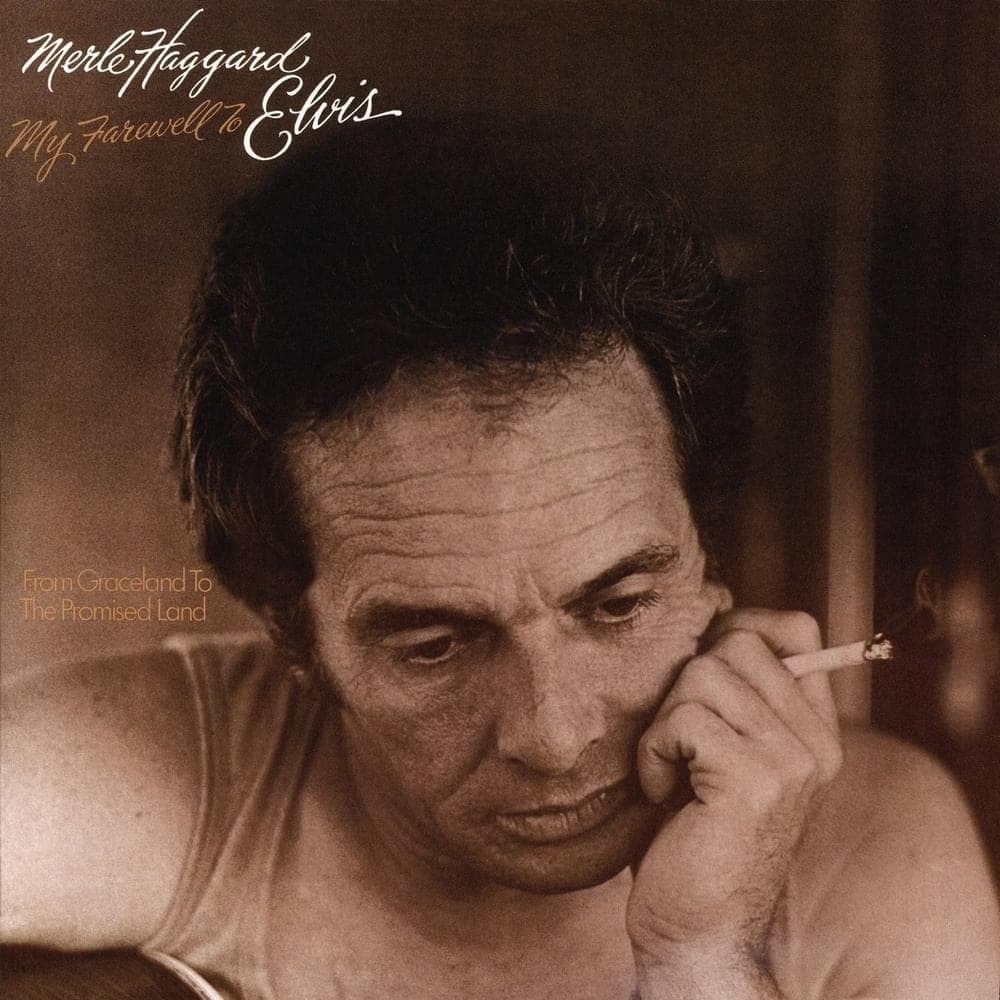
Merle Haggard – Big City: A Defiant Escape from the Crowded Concrete Jungle
Merle Haggard’s Big City, released in 1981, is a song that captures the tension between the promises of urban life and the yearning for simpler, more authentic existence. Written by Haggard himself, this track is an unapologetic anthem of defiance against the superficiality and disillusionment of life in a big city, reflecting his own discomfort with the fast-paced, impersonal nature of urban environments. The song stands as a testament to Haggard’s deep connection to country roots, as well as his keen observational eye for the struggles of everyday people, especially those who find themselves at odds with modern society.
Lyrically, Big City speaks to the personal conflict of someone who feels out of place in the hustle and bustle of the city, longing for the freedom and tranquility of rural life. In the opening verse, Haggard outlines the individual’s desire to escape the overwhelming weight of urban living, singing, “I’m tired of this dirty old city, / And I’m tired of too much work.” There’s a palpable sense of weariness in these words, as the narrator reflects on the pressure and lack of fulfillment that come with the city’s demands. The repetition of “Big city” throughout the song feels almost like a chant, a mantra of frustration and the struggle to regain a sense of self amid the chaos.
What makes Big City so compelling is its relatable portrayal of wanting to reclaim one’s life from the encroachment of urban society. Haggard speaks for those who are tired of the rat race, the endless pursuit of material gain, and the isolation that can be felt in a city of millions. The desire for a return to simplicity and authenticity is reflected in the narrator’s declaration that they would rather “go back to the old country,” a place where life feels real and unhurried.
Musically, Big City strikes a balance between the honky-tonk roots of Haggard’s earlier work and a more polished, contemporary sound. The arrangement is rich with instrumentation, with the twang of steel guitars, the smoothness of a fiddle, and a steady rhythm section, all lending a warmth to the track. This combination of traditional country instrumentation with more modern production techniques perfectly mirrors the song’s theme of being caught between two worlds—the familiar, comforting past and the overwhelming, relentless present. There’s an undeniable sense of nostalgia in the melody, a longing for the kind of life that feels more grounded and real.
The upbeat, almost playful rhythm of Big City serves to juxtapose the dissatisfaction voiced in the lyrics. While the song’s message is rooted in the struggles of urban life, the lively tempo suggests a sense of optimism, as if the narrator is still hopeful that there’s a way out of the city’s grasp. This blend of upbeat energy with a theme of disillusionment adds a layer of complexity to the song, making it not just a rant against modern life, but also a rallying cry for personal freedom and a return to roots.
Big City was a commercial success, reaching the top of the country charts and reinforcing Merle Haggard’s place as one of the leading voices in country music. The song resonated with listeners who found themselves in similar situations—people who had left behind small-town life in search of opportunity, only to discover that the city often failed to deliver the fulfillment it promised. In this way, the song acts as both a critique of the city’s empty promises and a celebration of the values that rural life represents: community, simplicity, and connection to nature.
Merle Haggard’s Big City is a reflection of his ability to articulate the frustrations of everyday life with honesty and grace. It speaks to the universal desire to find meaning in a world that can often feel shallow and unkind. With this song, Haggard gives voice to those who feel alienated by the very systems they are forced to navigate. By embracing the power of music to convey this message, Haggard not only reflects his personal views but taps into a wider cultural sentiment that continues to resonate, even decades after its release.